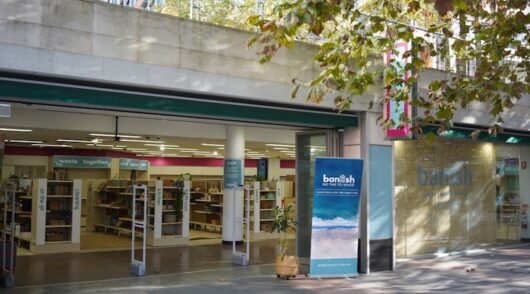Consumers buy more from retailers with loyalty programs and choose brands that have a program compared to those without, an industry study has revealed.
The report, “For Love or Money 2013 Consumer Study into Australian Loyalty Programs” found that although loyalty programs influence buying behaviour, they don’t equal customer loyalty.
Commissioned by marketing company Directivity and digital agency Citrus and conducted by First Point Research and Consulting, the report found 88 per cent of consumers over the age 16 belong to a program.
While men are members of fewer programs than women (on average three compared to five), they’re more active with their memberships, with 49 per cent presenting their card upon purchase compared to 41 per cent of women.
When it comes to program benefits consumers want the most, financial rewards still rate the highest, with 80 per cent of respondents rating discounts when making purchases as very important. Points based programs where members can redeem points for vouchers, products or other rewards were the second most popular benefit (77 per cent).
According to the study, supermarket giant Coles toppedlist of local companies who were doing a “particularly good job” with its Flybuys program, followed by rival Woolworths with its Everyday Rewards. Qantas ranked number third followed by department store Myer, with Priceline fifth. Companies outside the top five included; Virgin Velocity, CBA credit card, IGA, Millers, and Spotlight.
Adam Posner, CEO of Directivity said, “Basic monetary rewards give retailers a ‘ticket to play’ in the loyalty game but the real opportunity lies in building deeper engagement with members through more personally relevant, unexpected and emotional rewards.”
“This plays out in the research which shows surprise rewards such as a gift on your birthday, exclusive offers, or special experiences go a long way to overcoming the belief that programs don’t offer any real value,” said Posner.
Older Australians in particular (55 and older) buy more than younger consumers and choose to buy from companies who have a loyalty program over those who don’t. However they also believe more strongly that programs don’t offer any real value.
Citrus CEO Peter Noble said, “Retail marketers shouldn’t dismiss this older age group given their higher propensity to spend, but need to work harder to offer greater value.”
Having a tiered rewards program such as gold/silver/platinum memberships based on the amount you spend is a turn off for consumers, with only 36 per cent saying they were very important.
“Ultimately financial rewards win the day for consumers and is the main motivation for joining loyalty programs,” Noble said.
“But a winning program is one that also has multiple emotional and unexpected benefits creating an element of ‘surprise and delight’ and tailoring offers based on consumer needs and preferences,” he said.
The research was conducted by First Point Research and Consulting in February 2013 through a national online panel of more than 1000 consumers of men and women aged over 16. For more information about the report, visit: www.theloyaltypoint.com.au





